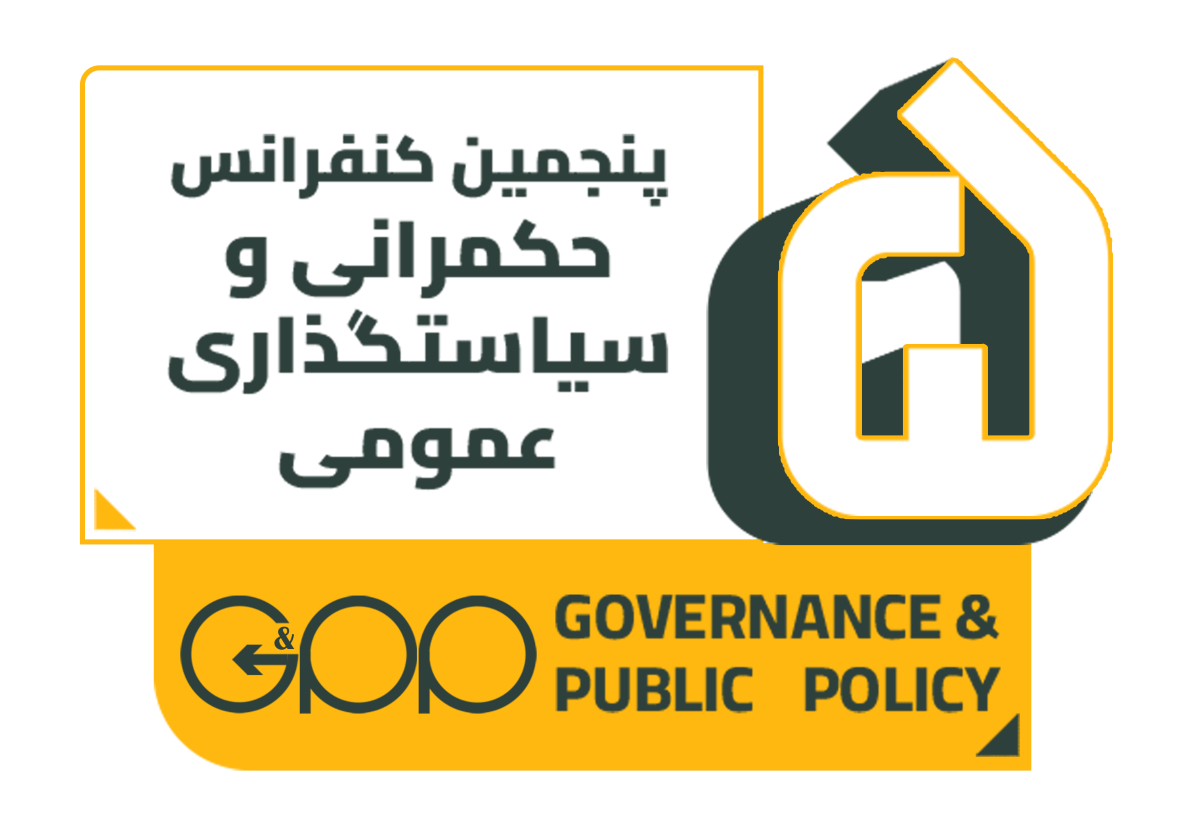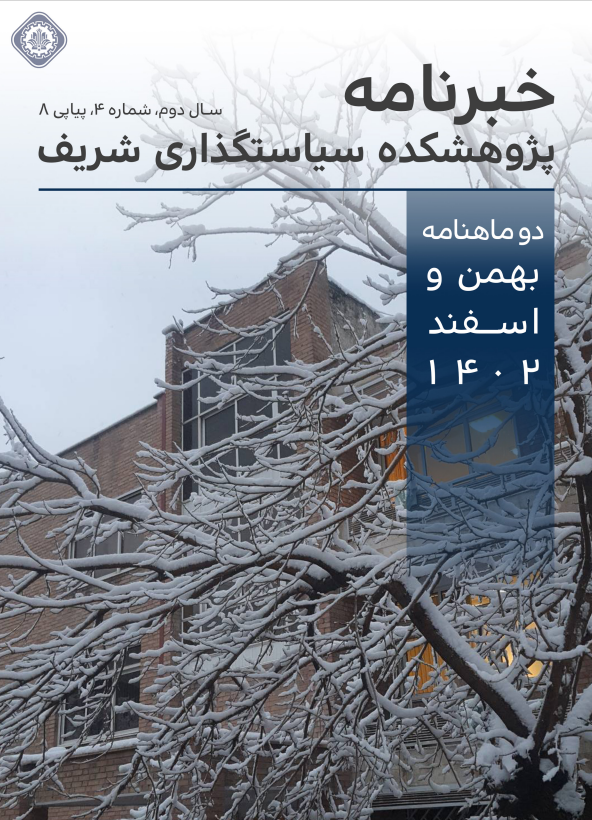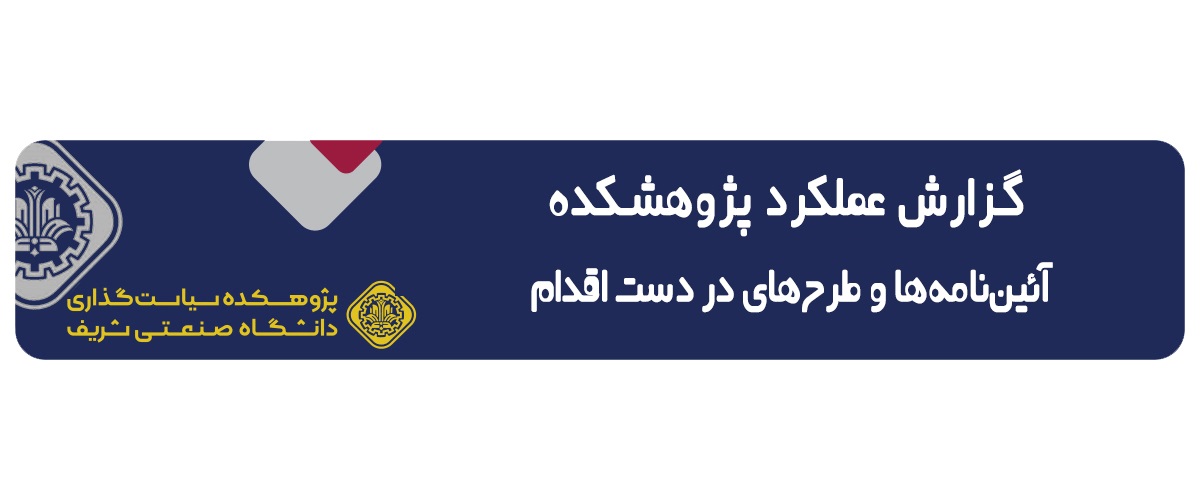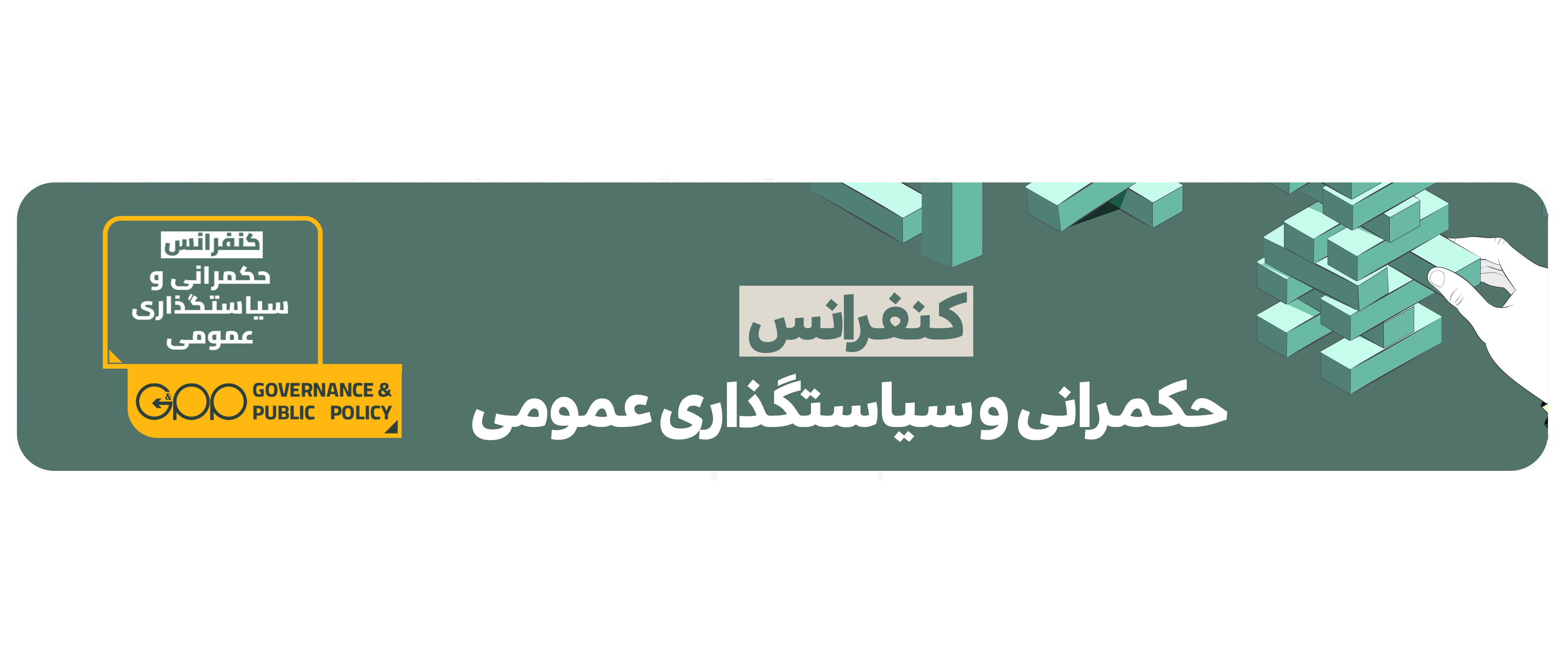چکیده
Student-centered and inquiry-based learning, which includes problem-based and experiential learning, are trendy educational designs in the twenty-first century. Recent empirical research has demonstrated, however, that moderators such as the course's placement within a larger educational program, students' prior knowledge, and course expectations should be thoroughly considered rather than just embracing these cutting-edge instructional approaches.
This paper reflects on the pedagogical design experience of Sharif University of Technology's Research Methods Course in Public Policy. The research issue that has evolved over time was: How did the course placement in wider settings imply a particular pedagogical approach in this case? The authors (the teacher and teacher assistant) arrived at a portfolio-based assessment/learning approach.
Indeed, the course's placement inside a larger educational Master's program for a population of students who frequently lack prior knowledge of public policy theories, research methods, or academic writing complicated the pedagogical design. The larger program expects this course to accomplish a variety of objectives, including the acquisition of research methods and design for both academic and real-world policy problems, Thus, despite our trust in popular learning methodologies such as group learning and discovery learning, it was discovered that the most appropriate strategy was portfolio-based learning.



 علی ملکی
علی ملکی نجم الدین یزدی
نجم الدین یزدی




